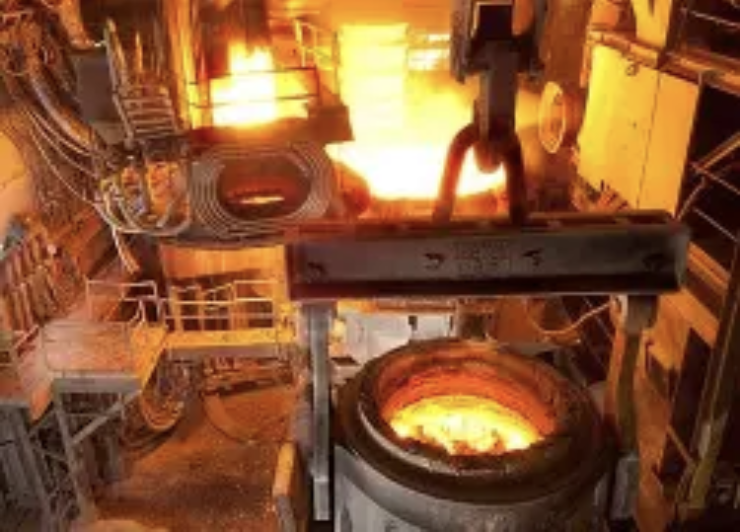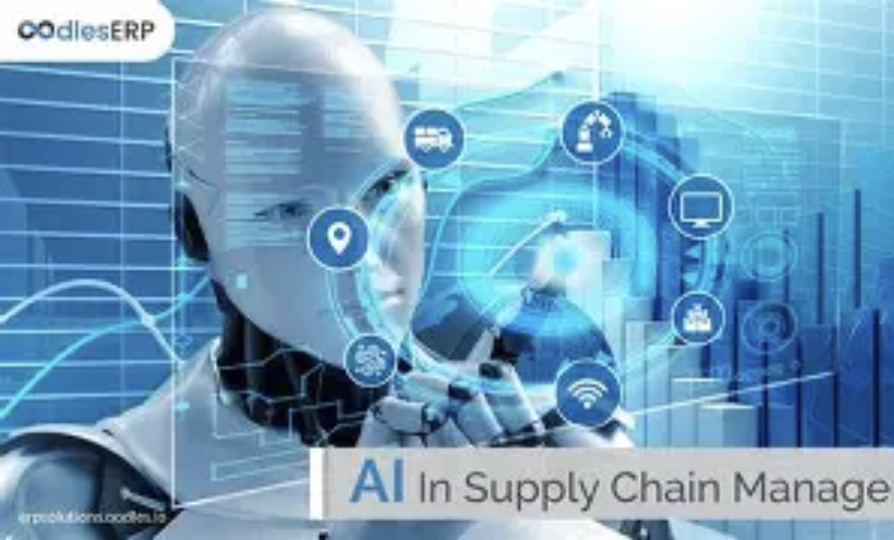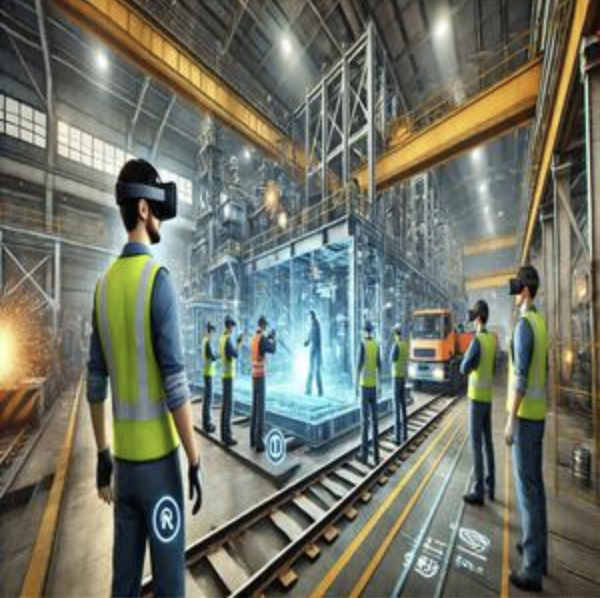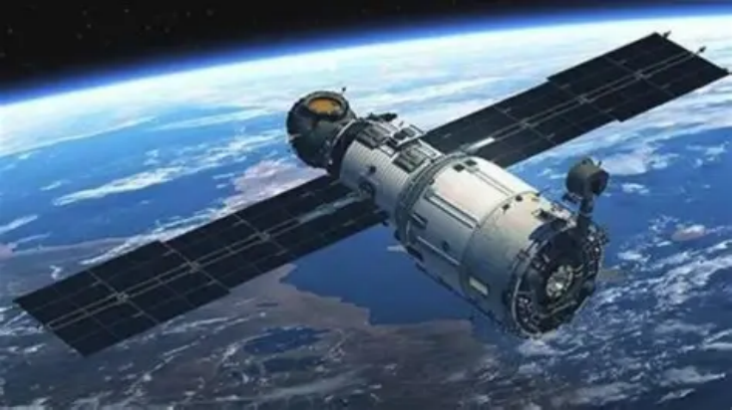Computing & Steel: AI in Heavy Industry
Heavy industry, traditionally characterized by steel production, machinery, and physical strength, is experiencing a subtle transformation—propelled by the combination of computational capabilities and industrial toughness. For financiers, business founders, and astute investors with substantial resources, this change represents more than mere improvement in efficiency; it signifies the opportunity to reveal unprecedented worth, sustainability, and uniqueness in a field that was previously regarded as unchanging.

Predictive Metallurgy: Precision in Steelmaking
AI is transforming the steel manufacturing process through predictive metallurgy. Facilities such as ArcelorMittal’s Ghent factory leverage machine learning to scrutinize over 10,000 different data points for each production batch—including the composition of raw materials and variations in furnace temperatures. This capability enables real-time predictions of alloy characteristics, facilitating the production of ultra-high-strength, custom steel varieties for discerning clients in the automotive and aerospace sectors. These customers are willing to pay higher prices for materials that ensure reliable performance and minimal waste.

Autonomous Heavy Machinery: Safety & Scale
Autonomous technology is revolutionizing sectors like mining and construction. Caterpillar’s AI-enabled self-driving trucks function around the clock in Australian iron ore mines, employing computer vision to traverse difficult landscapes and maximize load capacities. For investors, this translates to a 30% increase in productivity and a 50% decrease in accidents, which lowers operational hazards and enhances the output of essential materials vital for luxury supply chains, including those used in electric vehicle batteries and upscale construction projects.
The integration of AI in energy management is aligning heavy industry with eco-luxury standards. Thyssenkrupp’s steel plant in Duisburg utilizes AI to optimize energy use across its blast furnaces, achieving an 18% reduction in carbon emissions while meeting production goals. Luxury brands that procure steel for items like watches and jewelry increasingly seek out “green steel,” with blockchain technology verifying AI-enhanced sustainability. This approach transforms industrial materials into competitive advantages for environmentally conscious affluent consumers.
Supply Chain Resilience: AI-Powered Sourcing
AI is developing robust supply chains for industrial raw materials. Companies such as Koura employ machine learning to examine global geopolitical dynamics, weather trends, and transport routes, forecasting potential aluminum shortages, which are critical in luxury packaging and aviation. This allows manufacturers to secure their supplies at favorable prices, ensuring continuous production of premium products—from yachts to high-end electronics—even during periods of global instability.

Skill Augmentation: Human-AI Collaboration
AI enhances rather than replaces the role of workers. In shipbuilding, Hyundai Heavy Industries utilizes AR headsets guided by AI to project assembly instructions onto the hull components, which leads to a 40% reduction in errors. This technology enables skilled laborers to concentrate on more intricate, creative endeavors—such as the customization of luxury superyachts—while AI manages the repetitive, precision-based tasks. For stakeholders, this results in higher-quality, more distinctive industrial products that can command top market prices.
The integration of AI into heavy industries signifies a transition from sheer muscle to intellectual prowess. This development creates new possibilities for high-net-worth individuals—investing in companies that utilize AI for industrial optimization, procuring premium materials validated by AI quality checks, or collaborating with technology-oriented industrial enterprises. It is a landscape where computational capabilities reinforce steel production, modernizing a traditional industry and transforming it into a hub of innovation that promotes both luxury and sustainability. This represents the future of heavy manufacturing: intelligent, efficient, and fundamentally valuable.
(Writer:Lily)





